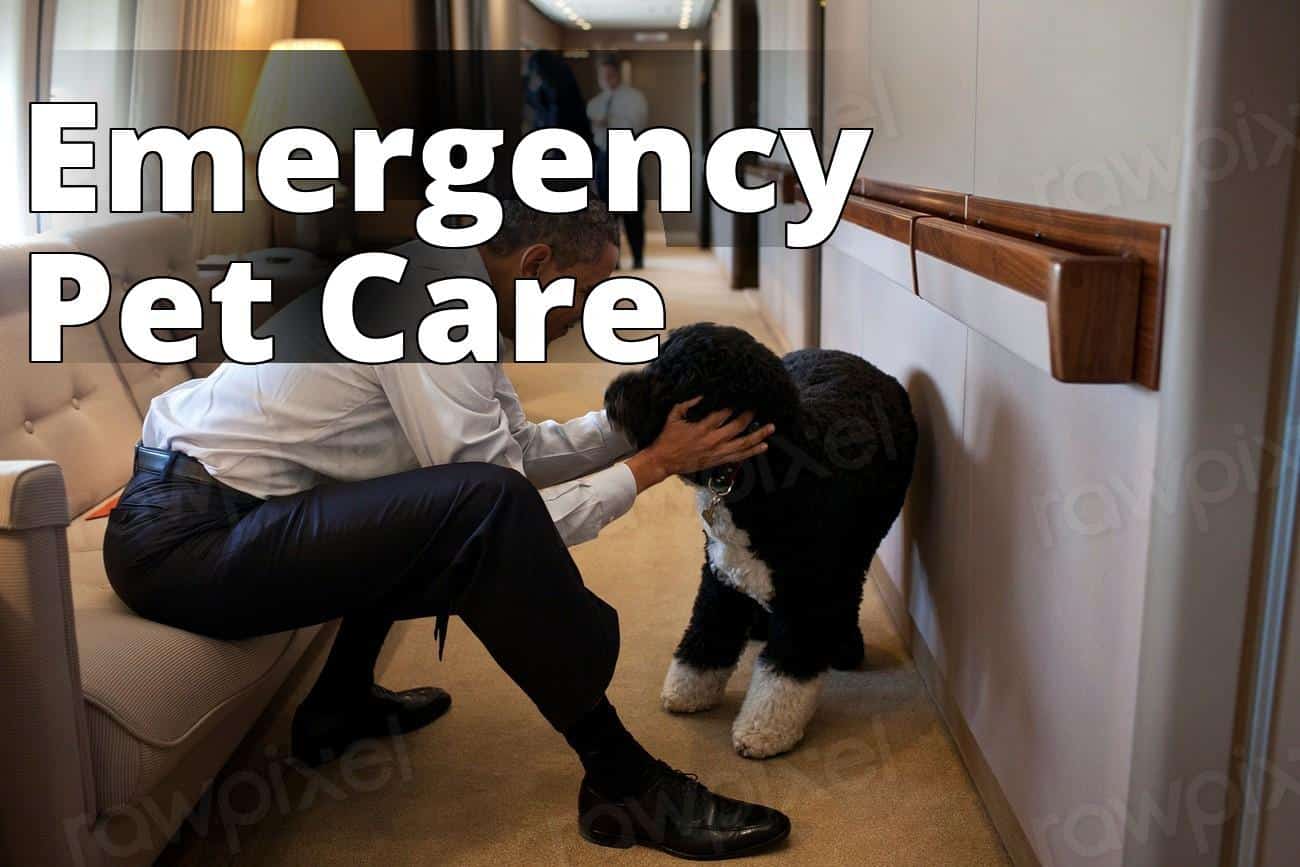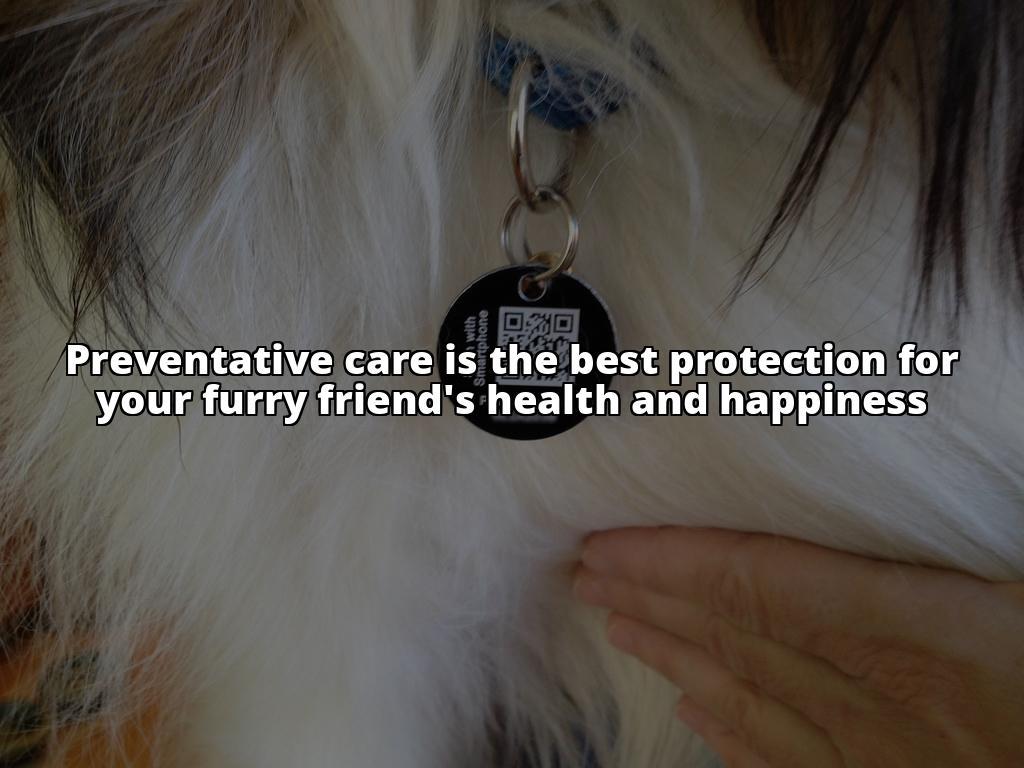
If you’re a dog owner, you know that panic-inducing moment when you look over and your furry best friend is drooling excessively, with foam bubbling at their mouth. It’s not a sign to take lightly, as it can be a symptom of several underlying issuessome benign and others deeply concerning.
Before I delve into the nitty-gritty, let me assure you that I’ve been in your shoes, watching my dog, with his muzzle covered in froth, feeling a mix of concern and confusion. It’s a sight that could send any pet parent down a spiral of worry. So, whether you’re a seasoned dog owner or new to the pack, let’s unpack the reasons why your dog might be foaming at the mouth.
Understanding Dog Foaming at the Mouth
By reading this article, you will learn:
– Common causes of a dog foaming at the mouth, such as rabies, poisoning, dental disease, nausea, heatstroke, and seizures.
– Immediate steps to take if your dog is foaming at the mouth to ensure their safety.
– Tips on preventing your dog from foaming at the mouth and when it’s essential to seek veterinary care.
What Causes a Dog to Foam at the Mouth?
The sight of a dog foaming at the mouth conjures up dramatic images from old Yeller or Cujo, but let’s cut through the myths and get straight to the facts. Foaming at the mouth can happen for various reasons, from the relatively harmless to the emergency-room-worthy.
Real-Life Case Study: Riley’s Brush with Heatstroke
One scorching summer day, Riley’s owners took him for a hike in the sweltering heat. Despite carrying water for him, Riley began panting heavily and suddenly started foaming at the mouth. Alarmed, they quickly rushed him to the nearest veterinary clinic.
The Importance of Recognizing Heatstroke Symptoms
Riley’s case highlights the importance of recognizing the symptoms of heatstroke in dogs. His excessive panting and foaming at the mouth were clear indicators of heat-related distress. This real-life scenario underscores the need for pet owners to be vigilant during hot weather and take immediate action if their dog shows signs of heatstroke.
This personal anecdote emphasizes the seriousness of heatstroke in dogs and the critical importance of swift intervention.
Rabies
Let’s tackle the elephant in the room: rabies. It’s the first thought that jumps to mind for many, and not without reason. Rabies is a fatal viral disease that affects the brain and nerves, and yes, it can cause a dog to foam at the mouth. However, it’s relatively rare, especially in urban and suburban areas where vaccination is common practice.
Insider Tip: Keep your dog’s vaccinations up to date, and rabies becomes a far less likely culprit for that frothy mouth.

Poisoning
One morning, I found my dog pacing with foam around his lips. A surge of panic set in. Poisoning, I learned, can cause excessive drooling and foaming. Dogs are curious and often ingest things they shouldn’t, from toxic plants to household chemicals. If your pup has access to a garden or you recently used a new cleaning product, consider these as potential hazards.

If you suspect poisoning, check for additional signs like vomiting or lethargy and seek immediate veterinary care. For more information on common toxins, The Pet Poison Helpline is a fantastic resource.
Dental Disease
Dental disease is another prevalent cause of foaming at the mouth in dogs. Periodontal issues can lead to pain and excessive drooling. My dog once had a broken tooth that I didn’t notice until his drooling became pronounced. Regular dental check-ups and cleanings are vital.
Check out our guide on canine dental care for more information on keeping your dog’s teeth in top condition.

Nausea
Just like humans, dogs can feel nauseous, and that can lead to drooling and foaming. Motion sickness, dietary indiscretions, or just a bad case of the stomach bug can be the cause. If your dog is also showing signs of discomfort or vomiting, nausea might be the reason for the foam party at their mouth.
Heatstroke
For those active lifestyle pet owners who love to take their dogs on adventures, be wary of heatstroke. It’s a serious condition that can lead to excessive panting and drooling, resulting in foam. Always ensure your dog has access to water and shade and knows when to call it quits on a hot day.
Seizures
Seizures are a more frightening cause of foaming at the mouth. They can be due to epilepsy, a brain tumor, or other neurological issues. During a seizure, a dog might drool or foam due to abnormal mouth movements and swallowing. If your dog has a seizure, it’s crucial to keep them safe and comfortable until it passes and then seek veterinary care immediately.
What to Do If Your Dog Is Foaming at the Mouth
When you notice your dog foaming, stay calm. Assess the situationis your dog also exhibiting other symptoms like lethargy, vomiting, or a lack of coordination? Remove any potential toxins from their environment and offer them water.
Insider Tip: Take a quick video of the foaming to show your vet. It can help with the diagnosis.
If the foaming is mild and your dog seems otherwise normal, monitor them closely. However, if they’re showing other signs of distress or the foaming is severe, it’s time to visit the vet.
How to Prevent Your Dog From Foaming at the Mouth
Prevention is always better than cure. Keep toxins out of reach, maintain regular dental care, and keep your dog cool and hydrated. If you’re an outdoor enthusiast, invest in gear that’s designed for dogs, like cooling vests or dog-safe sunscreen.
For those DIY-savvy owners, read our article on DIY dog grooming at home tips to help keep your dog in top shape and reduce the risk of foaming due to overheating or stress.
When to See a Vet
If you’re in doubt, it’s time to see a vet. Foaming at the mouth accompanied by other symptoms like seizures, vomiting, or a suspected poisoning incident warrants immediate medical attention. It’s better to err on the side of caution when it comes to the health of your furry family member.
In conclusion, a dog foaming at the mouth can be a sign of anything from a dental issue to a life-threatening condition. Always approach the situation with a calm but cautious mindset. Regular preventive care, awareness of potential hazards, and swift action when something seems off can go a long way in protecting your canine companion. Remember, your dog relies on you to interpret their health signs correctly and act in their best interest. Stay vigilant, stay informed, and you’ll be well-equipped to handle any foam-filled surprises that come your way.
FAQ
Why is my dog foaming at the mouth?
Your dog may be foaming due to anxiety, nausea, or a dental issue.
What should I do if my dog is foaming at the mouth?
Take your dog to the vet to rule out any potential health concerns.
How can I prevent my dog from foaming at the mouth?
Keep your dog’s environment stress-free and ensure regular dental check-ups.
Who should I contact if my dog is excessively foaming at the mouth?
Contact your veterinarian immediately for professional advice.
What if my dog is foaming at the mouth after exercising?
Excessive drooling or foaming after exercise can be normal, but monitor for any other concerning symptoms.
How can I tell if my dog’s foaming at the mouth is serious?
If the foaming is persistent, accompanied by other symptoms, or seems abnormal, seek veterinary care.
Dr. Samantha Reynolds, DVM, is a licensed veterinarian with over 10 years of experience in small animal medicine. She received her Doctor of Veterinary Medicine from the University of California, Davis, and completed a small animal medicine and surgery internship at the prestigious Angell Animal Medical Center in Boston. Dr. Reynolds has a special interest in emergency and critical care, with a focus on recognizing and treating heatstroke in dogs. She has conducted research on heatstroke in canines and has published articles in leading veterinary journals on the topic.
Dr. Reynolds is dedicated to educating pet owners about the importance of recognizing heatstroke symptoms and taking preventive measures to ensure their dogs’ well-being. Her expertise in emergency veterinary medicine makes her a trusted source for understanding the various reasons why dogs may foam at the mouth and how to best address this concerning symptom.
Facebook
Pinterest
Twitter
LinkedIn

